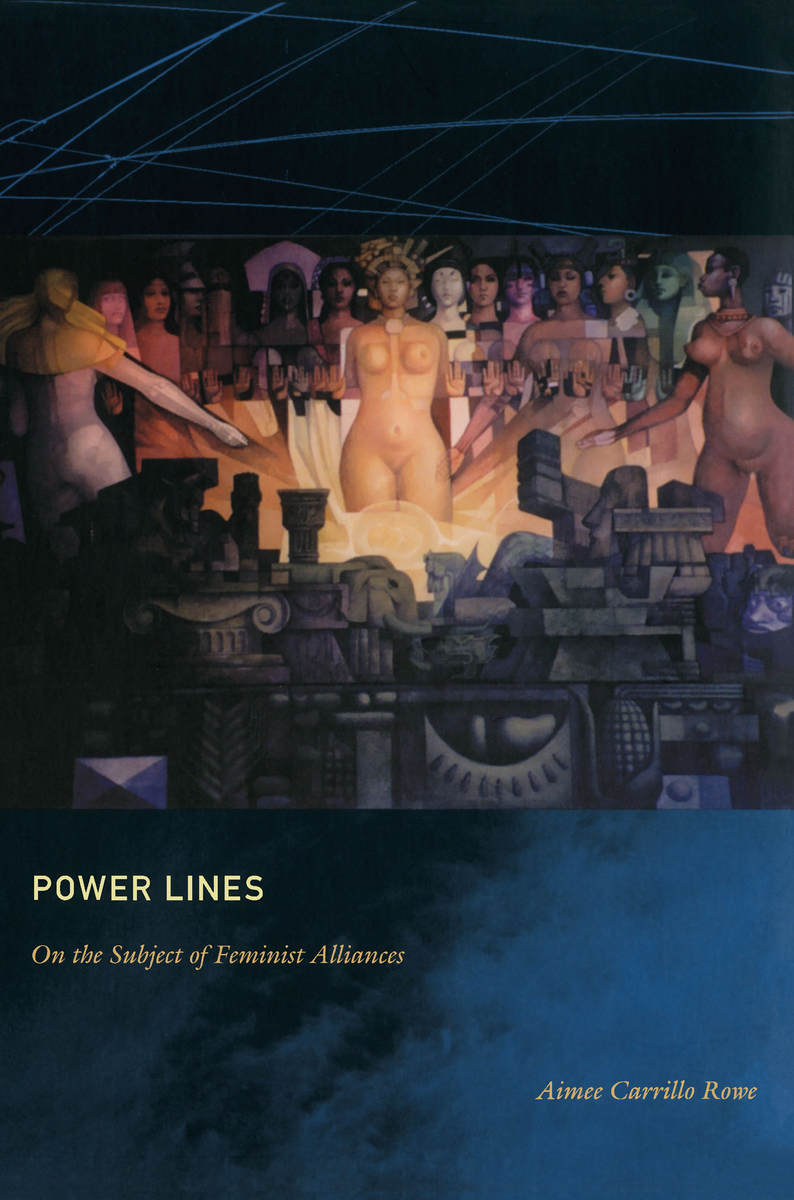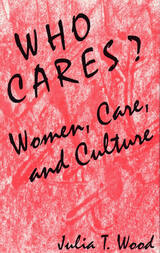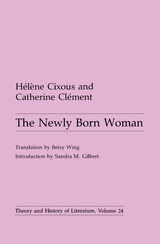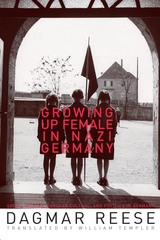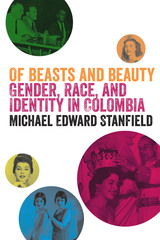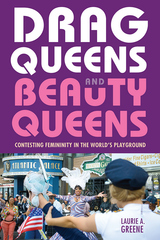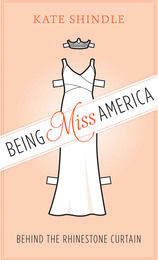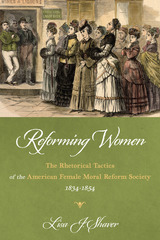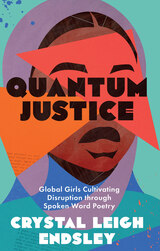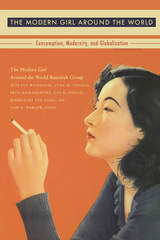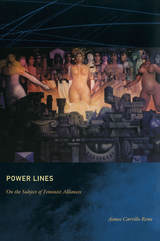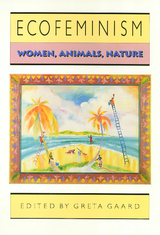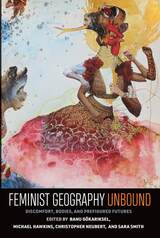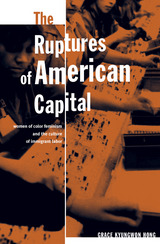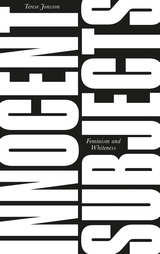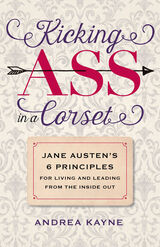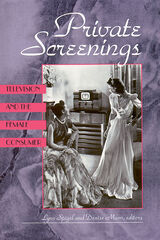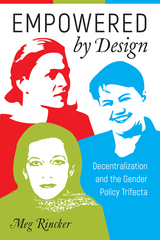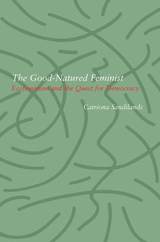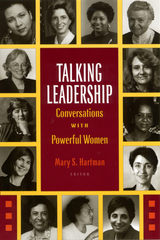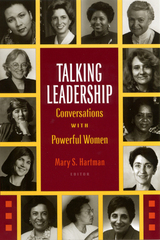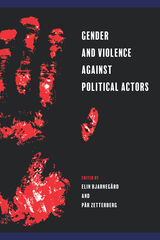Paper: 978-0-8223-4317-2 | Cloth: 978-0-8223-4301-1 | eISBN: 978-0-8223-8920-0
Library of Congress Classification HQ1233.C36 2008
Dewey Decimal Classification 305.4201
Combining theory, criticism, and narrative nonfiction, Carrillo Rowe develops a politics of relation that encourages the formation of feminist alliances across racial and other boundaries within academia. Such a politics of relation is founded on her belief that our subjectivities emerge in community; our affective investments inform and even create our political investments. Thus experience, consciousness, and agency must be understood as coalitional rather than individual endeavors. Carrillo Rowe’s conversations with academic feminists reveal that women who restrict their primary allies to women of their same race tend to have limited notions of feminism, whereas women who build transracial alliances cultivate more nuanced, intersectional, and politically transformative feminisms. For Carrillo Rowe, the institutionalization of feminism is not so much an achievement as an ongoing relational process. In Power Lines, she offers a set of critical, practical, and theoretical tools for building and maintaining transracial feminist alliances.
See other books on: Feminism and higher education | Lesbian feminism | Minority women | Power Lines | Subject
See other titles from Duke University Press
